Join the Frantz Lab!
Current research students: access the Lab Research Page here (requires password).
Interested in undergraduate research? Check out the project opportunities listed below. For additional opportunities, if you are an Environmental Science major, check out this page with projects and the list of affiliated faculty for ideas. Other majors, check out the faculty pages of faculty in your department and reach out to faculty doing work you are interested in.
If you see something that fits your interests, skills, and time availability, contact Dr. Frantz at cariefrantz@weber.edu or visit her during her office hours (make an appointment). Note that the fields listed do not need to be your major as long as you have the required skills. All projects involve flexible work hours, and students often work as part of a larger research team with other students doing similar work. Dr. Frantz is also open to entertaining student-driven ideas and projects provided she has time and our interests in the topic are aligned.
To apply to do research in the Frantz Lab, first contact Dr. Frantz to verify that she still has room this semester for research students. If yes, fill out the application google form and upload your resume (optional) and current transcript (required). Applications are held in confidence. Students should enroll in GEO 4800 with Dr. Frantz for the appropriate number of credit hours. Research with Dr. Frantz can count as upper-division credit for GEO, MICR, CHEM, and ENVS majors (and frequently for other majors as well). Projects can be tailored to your interests.
Check out the Office of Undergraduate Research for opportunities for project funding, conferences, and general info about undergraduate research at Weber State University.
Note that all large projects have the potential to become paid projects for students who plan to do multiple semesters of research and write research proposals for funding. Dr. Frantz is happy to help you learn how to develop a competitive proposal; dozens of her students have successfully obtained research funding.
Current Opportunities
In order of priority / urgency
For more advanced students
These projects will apply your existing skills and knowledge while you learn new skills and techniques and gain research experience. Many of these projects could be turned into senior capstone/thesis projects.
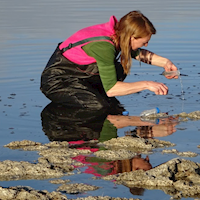
Great Salt Lake Microbial Community Resilience to Rapid Environmental Change
For credit (3-4 credits over 2+ semesters)
Discipline: Environmental Science / Microbiology
Task: DNA extraction and analysis from Great Salt Lake microbialite samples to assess how the microbial community recovers after periods of drying out. You will learn how to use bioinformatics pipelines for DNA sequence data analysis.
Skills: MICR 2054 or another introductory biology course where principles of genetics were introduced and laboratory techniques were practiced; you should be comfortable learning command-line computing and have strong analytical skills.
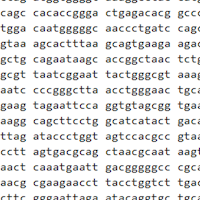
Who's there when? Seasonal changes in Great Salt Lake microbial communities
For credit (2+ cr)
Discipline: Microbiology / Environmental Science
Task: You will learn how to use bioinformatics pipelines to figure out which organisms are present in Great Salt Lake samples at different times of year, and their relationships to environmental parameters.
Skills: MICR 2054 or another introductory biology course where principles of genetics were introduced; you should be comfortable learning command-line computing and have strong analytical skills.

Characterizing the algal community in rotten Arctic sea ice
For credit (2+ cr)
Discipline: Environmental Science / Microbiology / Botany
Task: Compare DNA and microscopy data to understand shifts in the algal community in sea ice, as well as the strengths and weaknesses of microscopy- vs. molecular-based techniques for community assessment.
Skills: MICR 2054 or another introductory biology course where principles of genetics and phylogeny were introduced; experience with microscopy is beneficial but not required; data analysis.
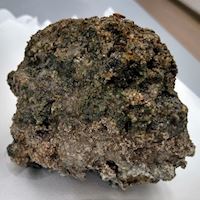
Mercury in the microbialite-associated food chain
For credit (2-3 cr)
Discipline: Environmental Science / Microbiology / Chemistry / Zoology
Task: Collect field samples and measure mercury in microbialite mats and the organisms that feed on them.
Skills: Some prior laboratory experience. Data analysis.
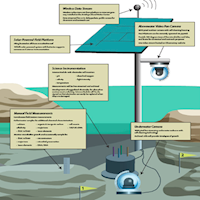
Great Salt Lake Microbialite Observatory live data website development
For credit (1-2 cr)
Discipline: Computer Science
Task: Build a public-facing website to host and display live aquarium and Great Salt Lake data.
Skills: Must have prior experience with web design and programming, including web scraping, API-interfacing, and data visualization.
No experience needed
These are great projects for students new to research or new to science.
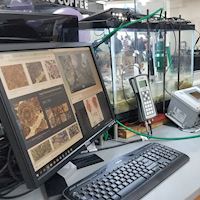
Microbialite "Pet Rock" educational live display
For credit (2 cr)
Discipline: Environmental Science / Education
Task: Help develop an interactive live display on the environmental science of Great Salt Lake for Tracy Hall
Skills: No experience needed, but you should enjoy troubleshooting instruments and designing things.
Completed projects
Here are some projects past students have completed and published. * indicates undergraduate student authors
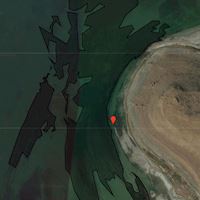
Great Salt Lake microbialite mapping
Discipline: Geoscience / GIS
Task: Map the visible locations of microbialite reefs in GSL using satellite imagery and compare with wind direction data.
Publication: *L. Wilcock, C. Frantz, M. Vanden Berg. (2024) Use of remote imagery to map microbialite distribution at Great Salt Lake, Utah: Implications for microbialite exposure. Utah Geological Association Guides, 51:05. doi:10.31711/ugap.v51li.136

Great Salt Lake Microbialite Observatory
Discipline: Environmental Science / Geoscience / Microbiology
Task: Monitor Great Salt Lake's microbialites during a period of record lake level fall.
Publication: C. Frantz, *C. Gibby, *R. Nilson, *C.J. Stern, *M. Nguyen, *C. Ellsworth, *H. Dolan, *A. Sihapanya, *J. Aeschlimann, B. K. Baxter. (2023) Desiccation of ecosystem-critical microbialites in the shrinking Great Salt Lake, Utah (USA). PLOS Water, 2:e0000100. doi:10.1371/journal.pwat.0000100
